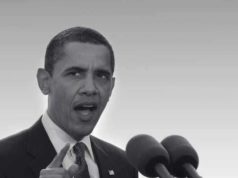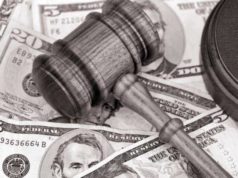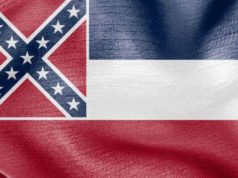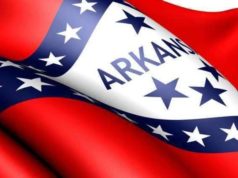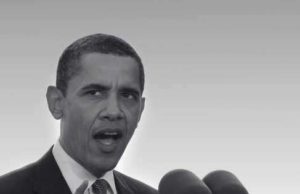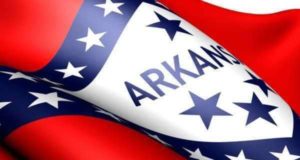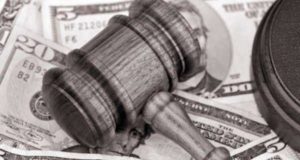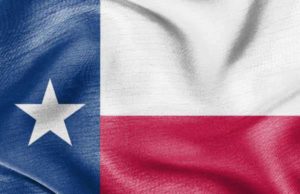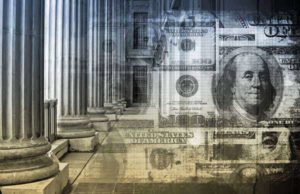
What is the American Freedom Agenda?
The American Freedom Agenda was originally a movement by members of Congress, activists, and the public that believed checks and balances in the Constitution could be restored to allow for better policies in the United States and its policies abroad. The Agenda aimed to end a large amount of Bush policies such as wiretapping without a warrant, the use of torture, the Military Commission Act, and more.
The American Freedom Agenda and the Freedom Pledge
The Agenda asked candidates during the 2008 presidential election to sign the Freedom Pledge. The Pledge asked the candidate to agree to the following:
1. End military commissions except detainments on the battlefield
2. End the extracting of evidence through torture and coercion
3. End the detainment of citizens labeled as enemy combatants and terrorists
4. Restore habeas corpus for aliens suspected as enemy combatants and terrorists
5. Prohibit the National Security Agency (NSA) from conducting warrantless spying
6. End the qualification of presidential signing statements as de facto vetoes
7. End secret government activity achieved through the state secrets privilege
8. End extraordinary renditions
9. Stop threats of prosecution to journalists under the Espionage Act
10. Stop the listing of people and organizations as terrorists based on secret evidence alone
The same policies were drafted in the American Freedom Agenda Act of 2007, and Representative Ron Paul tried to push the piece of legislation through the House of Representatives and the Senate.
President Obama and rulings during his administration have targeted certain concerns under the American Freedom Agenda. For example, President Obama was responsible for the closing of Guantanamo Bay and ruling by the Supreme Court during his administration restored habeas corpus for prisoners that were labeled as terrorists or enemy combatants.
Proponents of the Agenda agree that issues still remain at large and the rights of citizens in the United States under the Constitution have been denied my manipulative legislation and unlawful authority by the federal government. The government is still authorized to conduct warrantless spying into terroristic activity, and the limits of this warrantless spying remain unknown because of the state secrets privilege.
Hints of the American Freedom Agenda in Internet Protests
In 2011, the Stop Online Piracy Act (SOPA) was introduced to the House and raised concern over the federal government’s ability to censor material on the internet. There was fear that SOPA would end the “safe harbor” protection from liability for websites because the opponents argued the bill would let authorities block access to entire domains if there was infringing content on a single page or blog.
There were huge protests against the government’s ability to censor the internet, and companies like Google, Mozilla Firefox, Wikipedia, Tumblr, and
thousands of other websites joined in on American Censorship day. The piece of legislation was eventually thrown out.
The American Freedom Agenda was one of many initiatives to stop government corruption and unrestricted authority, and Agenda has led to multiple other protects since 2007.


